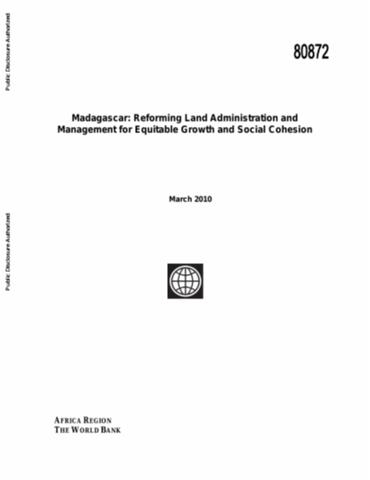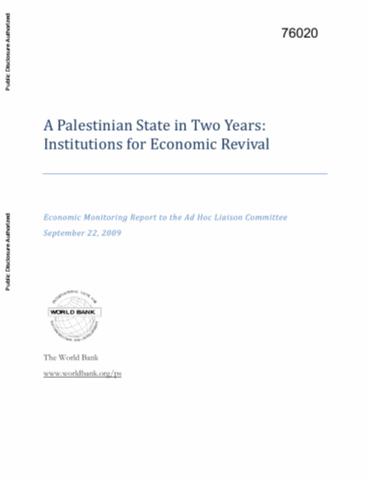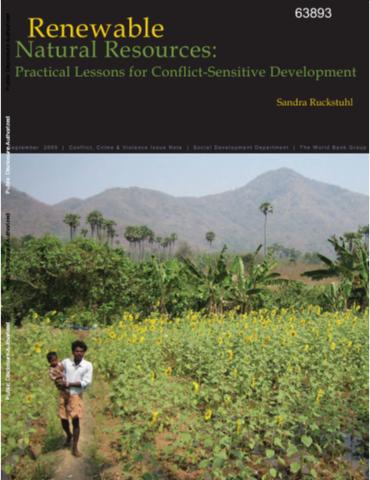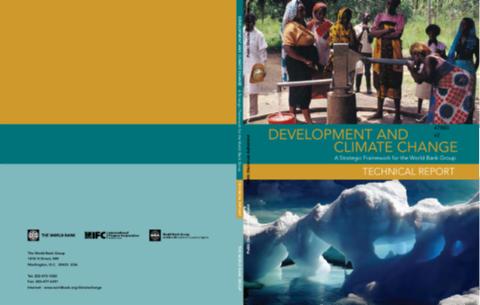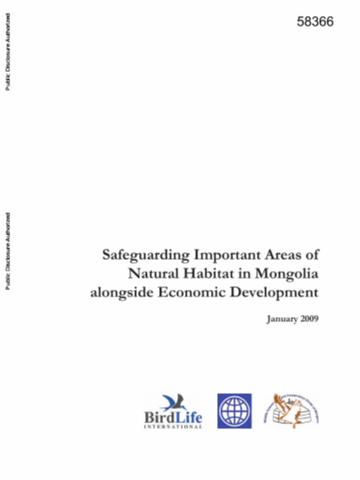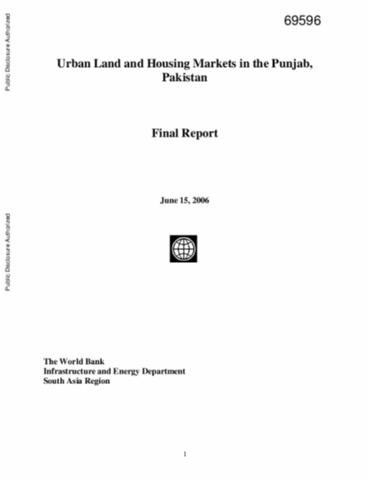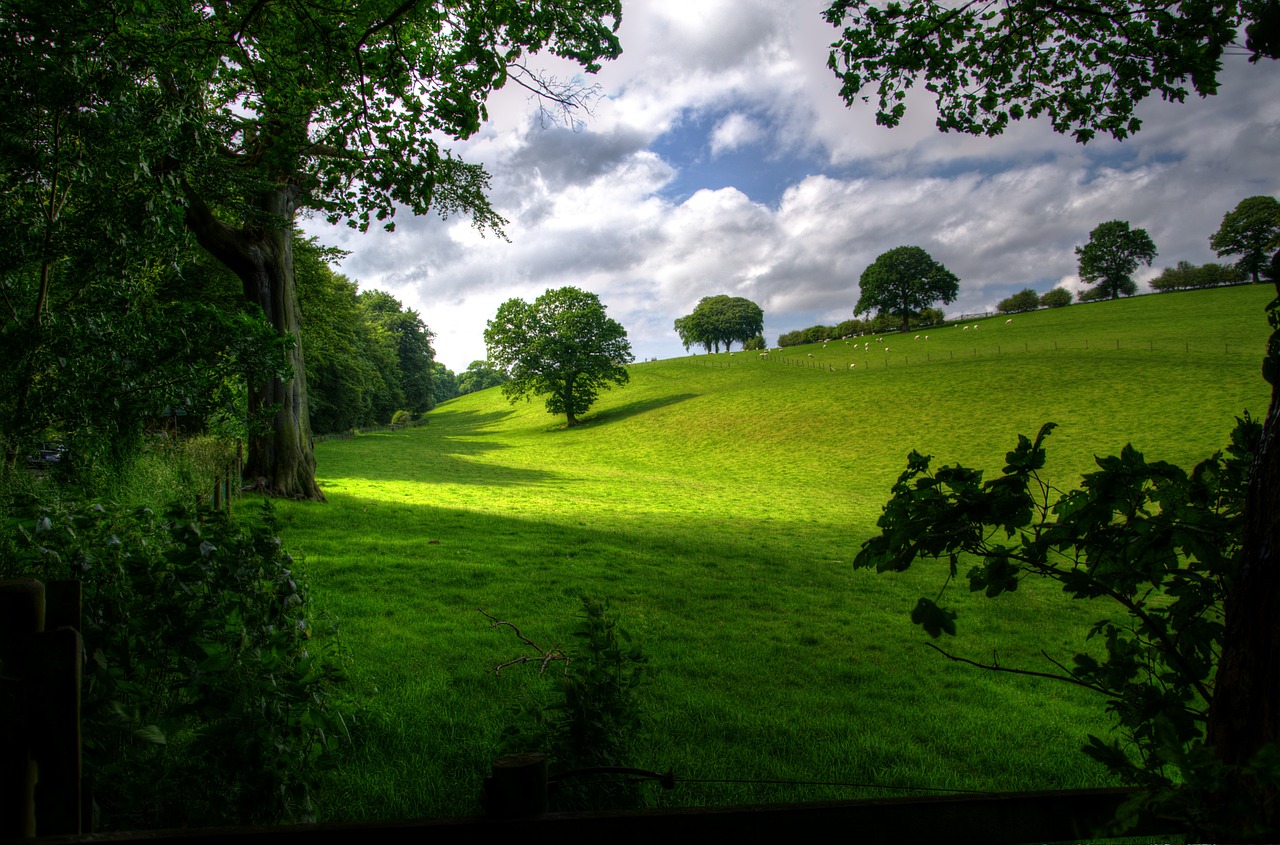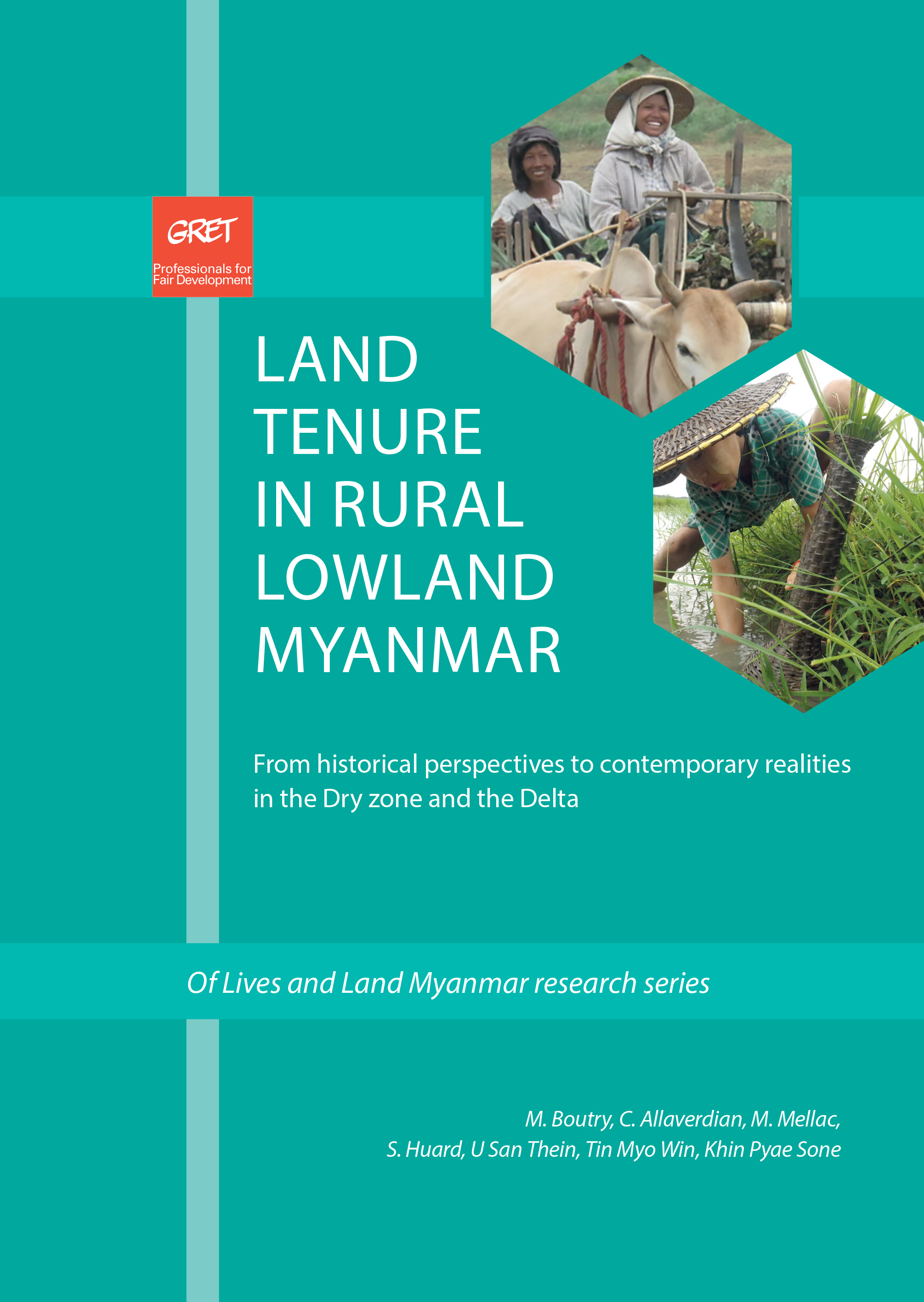Madagascar
A well-functioning land administration and management system is crucial for Madagascar's economic and social future. Land is implicated in Madagascar's ongoing economic development and social transformation in many important ways, as key a factor in its quest for economic growth, urbanization, transparent decision-making on land-related foreign investments, environment protection, vibrant and sustainable rural communities, political stability, and social cohesion.

